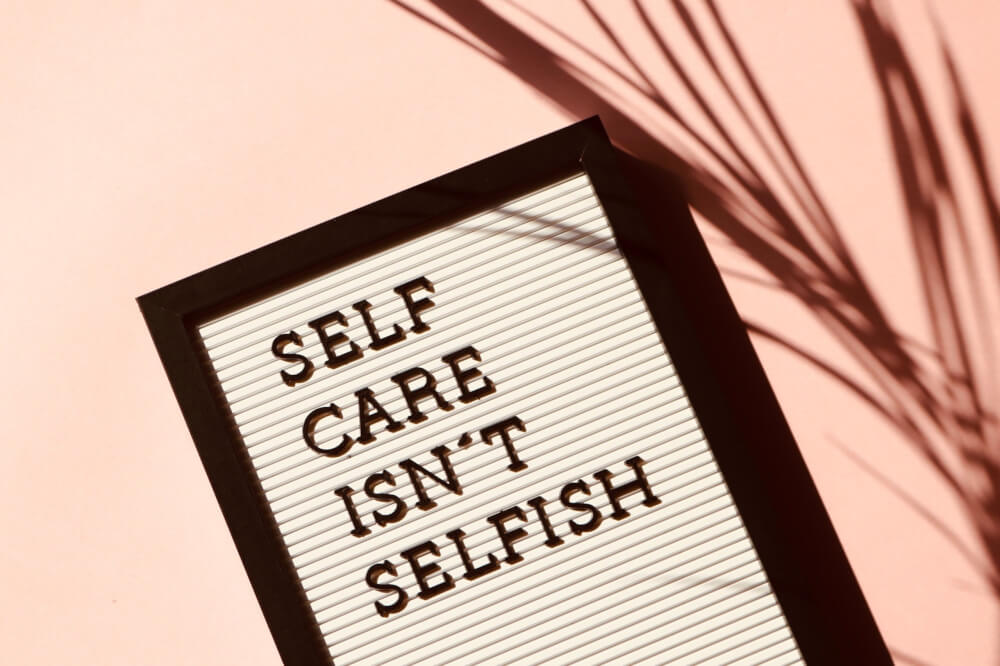Why we have started shopping more?
With having easy access to everything, through one button, with Amazon prime we as human beings have become prone to becoming compulsive shoppers.
With continuous advertisements on the TV and computer, we are buying more than we have ever bought before.
Most stores offer points and discounts to entice us into buying from them.
If you live in Canada and have been to Shoppers, you will notice most items are reduced. What are they reduced from? Well, an imaginary higher price, and they are brought down to the original price.
Corporations are playing on our minds because they know we will buy something if we think we are saving something.
We end up thinking, oh, it was to our benefit we saved 3 dollars. In our head that’s an accomplishment, it feels as good as if we actually made 3 dollars.
But in reality, we didn’t. We probably ended up buying something we didn’t need and ended up losing $4 if that’s what the item cost. If we had stayed home and not bought the item, we would have actually saved money.
By pricing items for 99 dollars, stores trick our brain into thinking at least it’s not 100 dollars. Doesn’t 99 sound less than 100 even though we logically know it is not?
So what is the solution on spending less?
Well, the solution can’t be us just staying away from stores because that is probably impossible to do. Even if we stayed away from the store, we would just end up ordering things online.
So what’s the solution? Well, there may not be a bulletproof solution but here are some measures you can take to help yourself. The guide on how to shop less?
Tricks on how to shop less for a shopaholic:
Make a list
When you go grocery shopping, make a list. If you have a list it will stop you from navigating into random aisles and buying things you did not want. You have a plan and you go with it. Stick to the list, do not let yourself wander around shopping.
Avoid going shopping at certain times
Do not go grocery shopping on an empty stomach. When we go on an empty stomach we end up buying junk and things we might not actually buy in normal circumstances. If we go on an empty stomach our self control is low. Everything we see we will end up buying.
Track your mood
Feeling low and think shopping will fix your mood? Think again! Yeah, for instant gratification this is great and for 1 hour your mood might be good. But after that, you will end up feeling bad about the shopping as well. Look towards activities that will lift you up like journaling or exercising. Different things work for different people. Find what works for you.
Every time we feel like shopping for items we don’t need we should write what we are feeling down. This will help us figure out if there is a deeper issue for us shopping excessively.
Track your spending
Decide at the beginning of the month your budget for the month. Every time you make a purchase write it down in a book or excel. See where you are spending. This will help you increase your savings and you will feel the money going out of your pocket. Using debit cards to pay we don’t feel the transaction. With writing the amount it helps us feel the transaction.
Use cash
Take some cash out of the bank and budget yourself with that fixed amount. This will help you just spend what you have.
Ask the tough questions
When buying expensive items or making a large purchase ask yourself do you need this. How often do you imagine using this in the next few months? This will help you answer if you actually require this item. If this item ran out tomorrow would you actually be missing out?
Wrap Up
We all need to think about why we are shopping so much and how to shop less.
If you enjoyed this blog on how to shop less and want to learn more about reducing the number of items in our lives, read the Pigeontlak blog on minimalism.
Disclaimer: While compulsive shopping can lead to several problems, it is not recognized as a distinct behavioral addiction in the “Diagnostic and Statistical Manual of Mental Disorders” (DSM-5). However, if it is affecting your life negatively or part of other symptoms you should see a therapist to discuss it.




